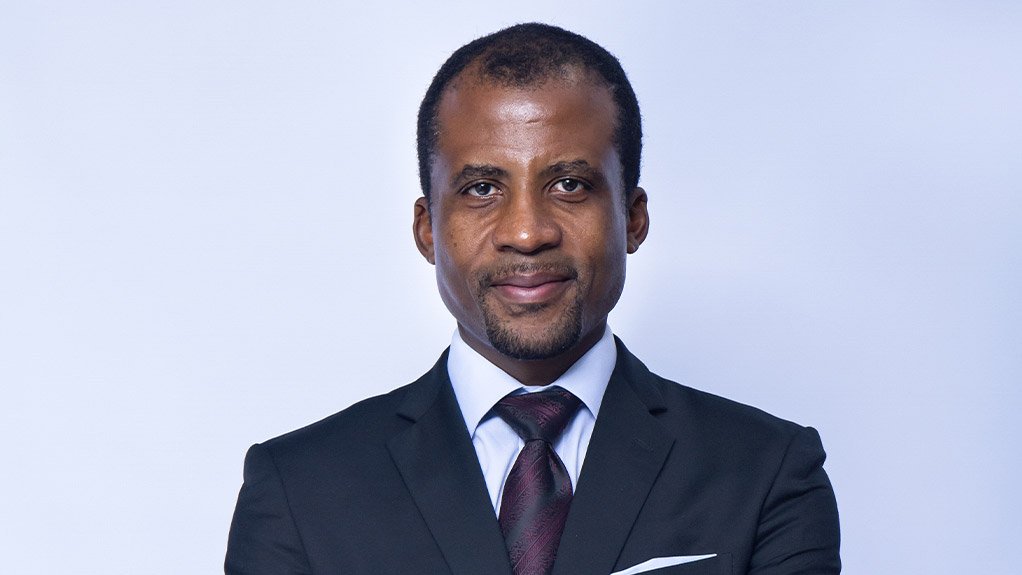The global transition to low- and zero-carbon energy sources was a once-in-a-generation opportunity for Africa, just as the original Industrial Revolution had been for the West, highlighted Bushveld Minerals CEO Fortune Mojepalo at the Investing in African Mining Indaba 2023 conference in Cape Town. He was participating in a panel discussion.
It had been estimated, he said, that it would be necessary to develop 400 new mines, worldwide, to supply the metals that would be needed for the energy transition and the production of electric vehicles. The metals required included cobalt, lithium and the platinum group metals. Africa led the world rankings in six or seven of the metals essential for the energy transition.
The question was: how was this to be unlocked? The junior mining sector had to be encouraged, he affirmed. Good clear regulation was needed, as was big data.
Moreover, the opportunity for Africa was not just limited to the supply of metals. When downstream development, or beneficiation, took place, the economic effect was massive. But how was the value chain for Africa to be maximised?
“The key constraints are related to infrastructure constraints,” pointed out Minerals Council South Africa senior executive: environment, health and legacies Nikisi Lesufi. Africa needed infrastructure that supported development.
Citing the example of South Africa, he noted that most of the country’s resources of the ‘metals of the future’ were located in the Northern Cape province, far away from the country’s ports. And far away from essential development input resources, such as water. Further, the local municipalities in the region couldn’t provide the essential services that they were meant to.
Moreover, rail transport constraints would make it difficult to transport product to the ports. Because of this, currently operating mines had switched to using trucks to transport their product. But this created lots of problems, including destroying roads and alienating the communities through which they passed.
World Bank global director: energy and extractives Demetrios Papathanasiou agreed that the world was experiencing a structural shift in the demand for mining commodities. However, Africa was not well positioned to benefit from this. A lot of mining in Africa was focused on small volume, high value products, such as diamonds, other gemstones, and gold. The continent’s mining sector needed to be able to switch to the production of metals.
In developing their mining industries, it was better that African countries cooperated – for example, in ensuring the transport of minerals from inland regions to the coasts, he affirmed. The World Bank was actively supporting this.
In many African countries, there were also constraints in developing skilled mining personnel. Education had to be improved, especially for girls, and again the World Bank was actively supporting this.
For the first time in a long time, he highlighted, it could be said that the demand for metals (for the energy transition) would be present for some time. But beneficiation couldn’t be done in Africa because of the lack of infrastructure. It was, he said, a chicken-and-egg situation. But with assured long-term demand for the energy transition metals, there was now the opportunity to break this “vicious cycle”, because it would allow long-term infrastructure development.
Not least, the environmental, social and governance (ESG) aspects of these developments were very significant. “We really have to get ESG right,” he stressed.
EMAIL THIS ARTICLE SAVE THIS ARTICLE ARTICLE ENQUIRY
To subscribe email subscriptions@creamermedia.co.za or click here
To advertise email advertising@creamermedia.co.za or click here











